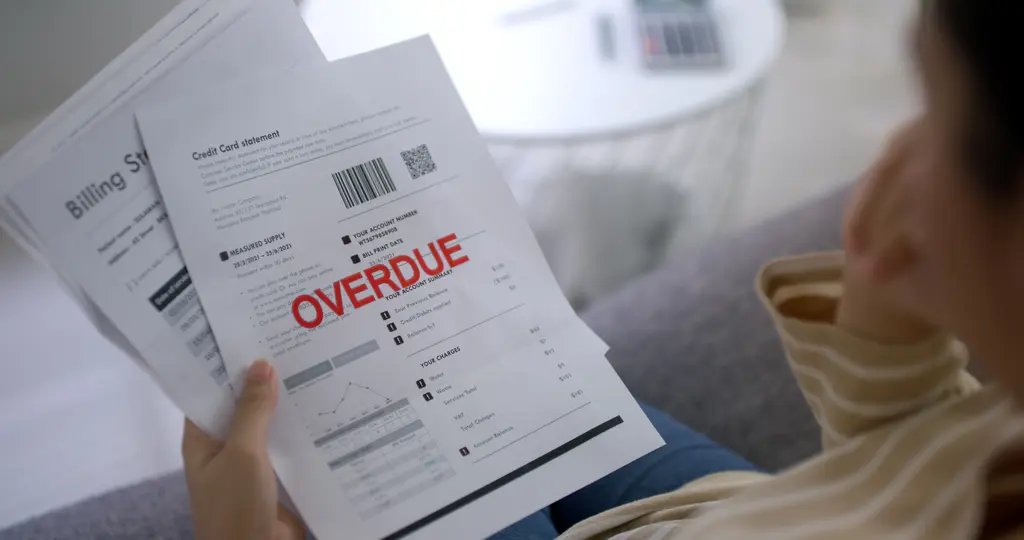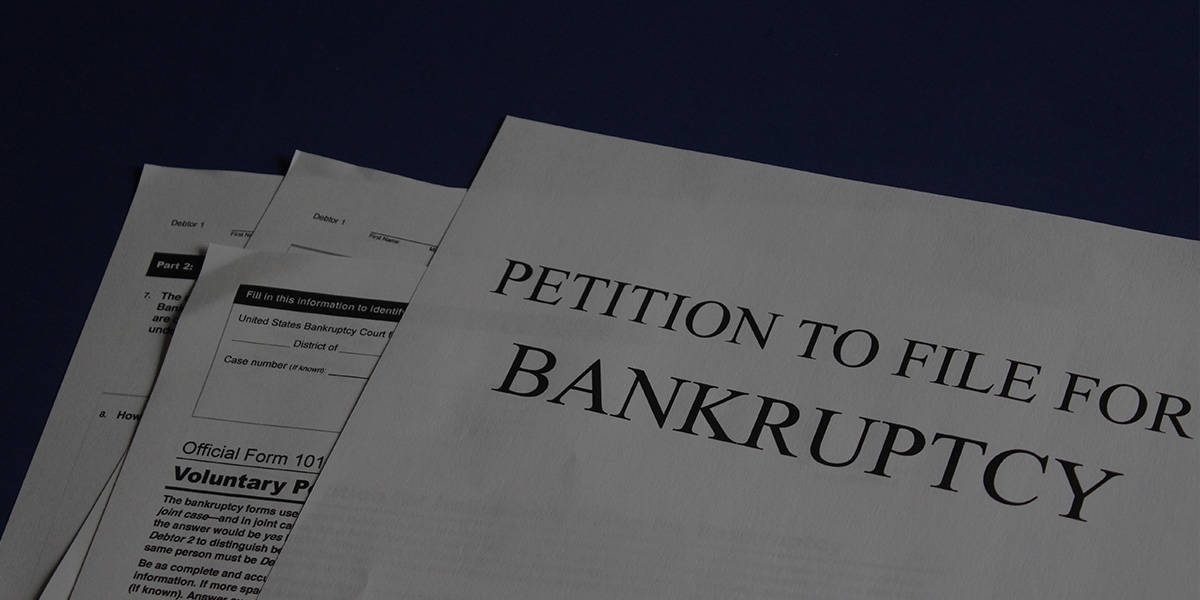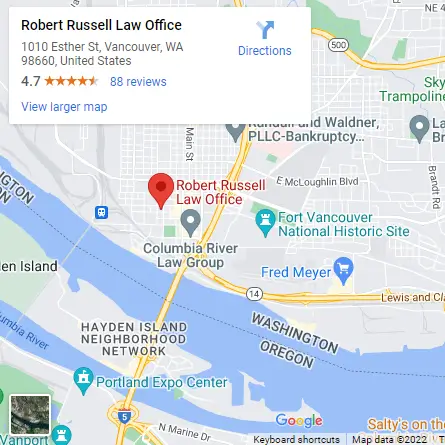WHY THE QUESTION?
I recently had client call me and ask me this question: “If I abandon the home and the creditor judicially forecloses, can I avoid any personal liability for that part of the mortgage that is not paid by the proceeds of the foreclosure sale?” She asked me that question because judicial foreclosures can result in homeowner liability for the unpaid balance. She did not need or want to file bankruptcy and was concerned about getting stuck owing the unpaid balance.
She asked the particular question about abandonment because she read the statue and saw that RCW 61.12.094 provides, in relevant part: “When proceeding [with a judicial foreclosure with homeowner abandonment], no deficiency judgment shall be allowed.” That seems straightforward; if the homeowner can prove “abandonment” of the home then the homeowner can avoid liability for any unpaid balance due on the loan following a judicial foreclosure. But, before we dive in, here is a little background.
TYPES OF REAL PROPERTY FORECLOSURE
There are, generally, two types of foreclosure: judicial – where the mortgage creditor files a lawsuit and uses the court system to foreclosure, and nonjudicial – where the mortgage creditor does not use the court but instead follows the notice process carefully laid out in the Revised Code of Washington. Presently, the great majority of foreclosures on residential real property in Washington are pursued through the nonjudicial process because it is generally faster and cheaper for the mortgage creditor. By statute, a borrower is not liable for any unpaid (deficiency) balance due on the mortgage after a nonjudicial foreclosure on residential real property such as the usual family home. RCW 61.24.100. The judicial foreclosure process is often used when the creditor wants to pursue the homeowner for the (deficiency) balance left over from the foreclosure sale of the home, i.e., the difference between the amount owed and the amount received from the sale.
JUDICIAL FORECLOSURE AND “ABANDONMENT” BY THE HOMEOWNER
An exception to homeowner liability for a deficiency balance following a judicial foreclosure exists when the court determines the homeowner “abandoned” the home as that term is defined in the statute. Regarding “abandonment”, RCW 61.12.093 provides as follows: “Lack of occupancy by, or by authority of, the mortgagor or his or her successor in interest for a continuous period of six months or more prior to the date of the decree of foreclosure, coupled with failure to make payment upon the mortgage obligation within the said six month period, will be prima facie evidence of abandonment.” (emphasis added). The question is whether the homeowner can assert/prove “abandonment” as a defense to deficiency liability. The short answer appears to be “no”.
In Metropolitan Federal Savings & Loan Association vs. Roberts, the Washington Court of Appeals stated, “only the mortgagee (creditor) can waive a deficiency judgment, for it is he or she to whom the delinquent debt is owed. As a result, RCW 61.12.094 exhibits an intent to authorize the mortgagee, but not the purchaser [ed. or the homeowner] to obtain a finding of abandonment.” Metropolitan Federal Savings & Loan Association vs. Roberts, 72 Wash.App. 104, 111 (Wash.App. Div. 2, 1994). The fact that the homeowner cannot seek a finding of abandonment is confirmed in ING Bank vs. Korn, 2011 WL 1637162 (WDWA, 2011), citing the above case. There the court stated:
“However, the special foreclosure provisions in RCW 61.12.093–.095 were enacted for the benefit of the mortgagee, not the mortgagor. See Metro. Fed. Sav. & Loan Ass’n v. Roberts, (citation omitted) (holding that the provisions of RCW 61.12.093–.095 apply where “the mortgagee is willing to forego a deficiency judgment …”). Mortgagors (homeowners), such as the defendants, are not entitled to seek a finding of abandonment and relief from a deficiency judgment. See id.; see also RCW 61.12.093 (providing that it is the mortgagee, not the mortgagor, who must plead abandonment, if the mortgagee is to obtain the right to a judicial sale free of redemption rights).”
“ABANDONMENT” IS NOT THE HOMEOWNER’S CHOICE, BUT MAYBE IT IS NOT A CONCERN ANYWAY
As a result, a homeowner/borrower cannot avoid deficiency liability following a judicial foreclosure by proving in court that they moved from the home six months prior to foreclosure and have not made a payment in that time, i.e., abandoned the home. Only the mortgage creditor can assert abandonment.
Having said all that, not every judicial foreclosure results in a deficiency judgment. Obviously, the creditor may allege abandonment in order to cut of the homeowners redemption rights. RCW 61.12.094. The creditor may forego the right to pursue a deficiency to shorten the homeowner’s redemption option from 12 months to 8 months. RCW 6.23.020. Therefore, a homeowner might not really have to be concerned with a deficiency balance due even in a judicial foreclosure scenario.
QUESTIONS?
If you are facing foreclosure, we offer a free consultation to discuss these and any other related issues including how you might save your home or avoid liability following foreclosure. Just let us know.






